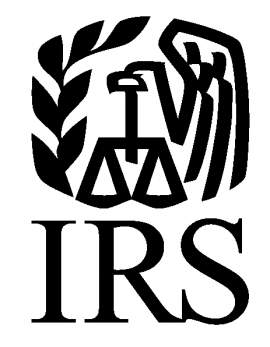
What Are The Laws To Protect Senior Citizen In Nursing Homes

The Nursing Home Reform Law of 197 is the main law that protects senior citizens when they are residing in a nursing home. This law consists of 12 rights that all fall under elder law. The 12 rights are as follows:
· The right to be free of unnecessary restraints
· The right to know contact information of any assigned doctors
· The right to be informed of any changes in health or treatments
· The right to all person records
· The right to a written description of their legal rights
· The right to know the services offered by the facility
· The right to privacy, which includes an area to make private phone calls and an area to meet with visitors privately
· The right to share a room with a spouse, speak with other resident without the presence of a staff member, and the right to meet with a nursing home agency representative
· The right to eat, sleep, dress, self-administer medication, and have free time
· The right to have personal possessions with them and for those items to be protected
· The right to refuse or appeal a relocation without notice
· The right to be free of interference, manipulation, discrimination, or reprisal.
Elder laws offers more information about laws to protect elders.
NEXT: What Is The Role of Equal Employment Opportunity Commission




















